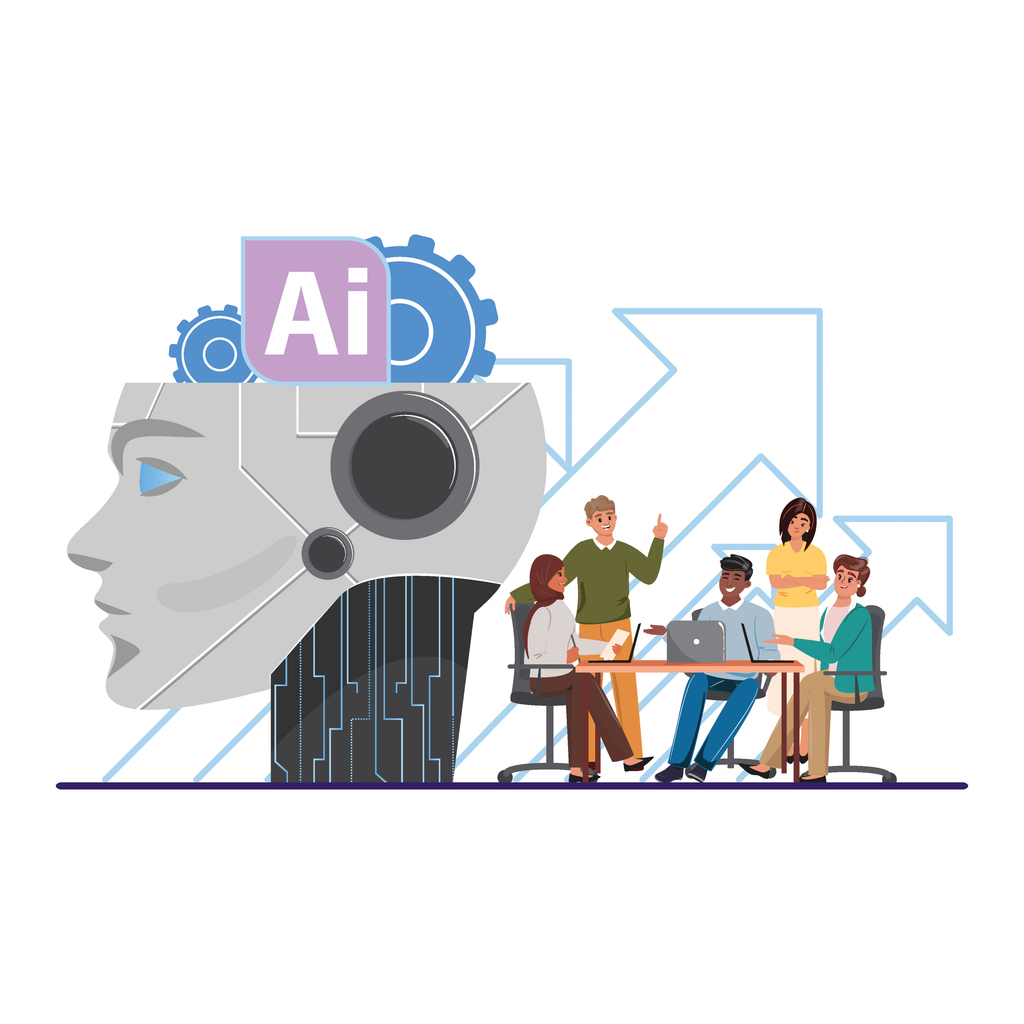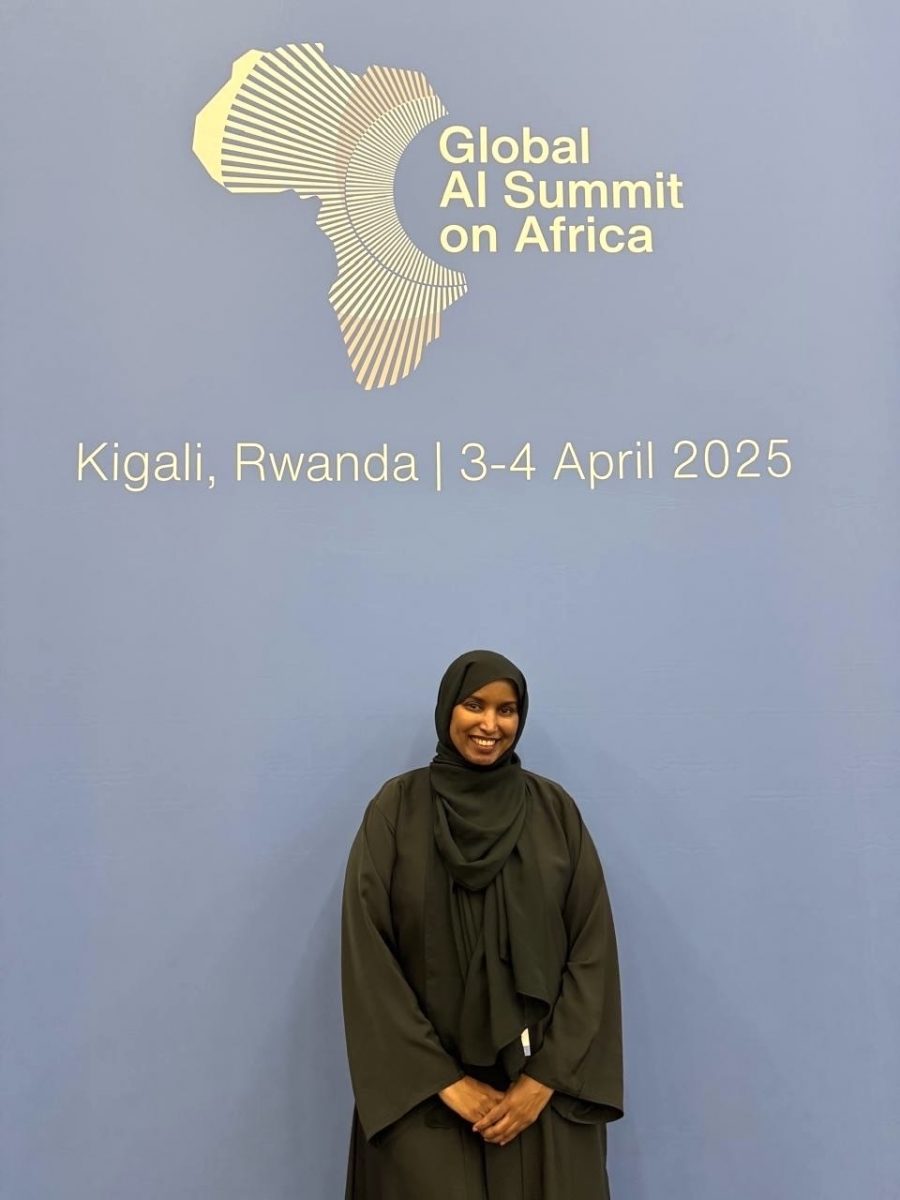
Beyond Kigali: Where Does Africa Go from Here with AI?
In April 2025, over 2000 people gathered in Kigali for the first Global AI summit in Africa to discuss AI’s potential to increase economic opportunities for African citizens. Across various discussions, one thing was clear – Africa’s AI potential is real. The summit promised to move from discussions into actions, concluding with a clear outcome document: the Africa Declaration on Artificial Intelligence. The declaration highlights the potential of AI and its dependence on the strength of data, infrastructure, governance, investments, human capacity, market, and international cooperation.

As governments, funders, entrepreneurs, and technology leaders rally around the AI moment and move towards actions, at Development Gateway, we are asking a different set of questions:
- Where is the data, and what is the quality of the data behind the algorithms?
- How will legacy government systems feed AI tools with fresh and usable data?
- Are Government ministries resourced to govern and trust the AI tools that they are being encouraged to adopt?
Our answer is grounded in our experience over two decades: AI will not be able to scale without foundational data and infrastructure. Our focus has been on the less glamorous and often overlooked layers that are needed for every AI breakthrough – data, infrastructure, governance, and capacity.
What is missing from AI?
Conversations following the summit seem to focus on research and innovations as reflected in upcoming discussions such as the World Summit AI in October 2025 and the Southern African Conference for Artificial Intelligence happening in December 2025 (to name a few of many upcoming AI gatherings). Underpinning these innovations, there is a need for data systems, well-structured quality data, trust and transparency within institutions, and local ownership and capacity to govern these features.
As highlighted in this blog on Artificial Intelligence for Public Good, when considering data for development, information about people is vital, particularly in the public sector. This includes the need for strong administrative systems that support service delivery and regular, representative national surveys & census efforts that ensure no one is left behind. Despite this, across many African countries, data ecosystems remain reliant on paper-based systems and face major structural challenges. These include limited capacity to use data in decision-making, underdeveloped administrative data systems, insufficient investment in statistical capacity, costly and complex ICT infrastructure, and donor dependence for data initiatives.
The Invisible Layer: Infrastructure and People
In our work, we have observed that across sectors, governments rely on donor-funded servers, outdated systems, and overstretched ICT teams, as highlighted in this recent blog by Development Gateway and partners. One example: in Ethiopia, we found that the Ministry of Agriculture had fewer than 10 full-time staff managing 33 digital systems. The Ministry acknowledged that this is not sustainable.
At DG, we’re working with governments to:
- Analyze cloud vs. on-premise hosting options when looking at infrastructure. As outlined in Chapter 4 of our report on Demystifying interoperability, cloud can offer you flexibility, but on-site servers can align better with local resourcing and available skills. We work closely with partners to weigh the trade-offs, and it’s not always a one-size-fits-all solution, as it depends on context. Good infrastructure isn’t just about the technology; it’s about trust, sustainability, and what works best for the people it is meant to serve.
- Create internal AI Code assist tools that help overburdened technical teams manage dozens of integrated systems more effectively. We use Code Assist internally at DG, and by developing a custom one that helps with key maintenance tasks, it could speed up the onboarding of new staff (permanent and embedded). We are currently collaborating with the Ministry of Agriculture in Ethiopia on this initiative.
- Strengthen data quality. This requires striking a fine balance between not standing in the way of AI development and reinforcing that data quality is not just needed but a necessity. For example, in our work with the Ministry of Health in Kenya, Ethiopia, South Africa, DRC, Zambia, and Nigeria on tobacco control data, we work with the governments to embed a rigorous validation and review process that involves thematic experts on specific topics and research advisory groups that include the National Bureau of Statistics.
- Understand how investments in interoperability can optimize the value of existing, siloed data, but can also leave difficult-to-fill gaps when data connected via API is taken offline. For instance, in the wake of lost USAID funding, data sources via API may not have backups.
While Governments are central stakeholders in AI governance, infrastructure must serve a broader ecosystem that includes academia, entrepreneurs/innovators, investors, the private sector, civil society organizations, and the communities they serve. All stakeholders need access to open, reliable, and affordable infrastructure that is also sustainable. Local stakeholders on the continent face significant challenges due to fragmented or donor-dependent systems.
The African Union AI strategy outlines principles to be adopted, such as diversity, inclusivity, and African culture and values. The Data Values Project by GPSDD echoes this need by emphasising that data, and by extension AI, must be anchored in equity, trust, and community voices. By prioritizing values and principles described in the strategy, such as Ubuntu (respecting collective community over individuality), countries can build AI infrastructure that supports innovation not only across sectors but that can also serve communities in an equitable manner.
The Road Ahead
The Kigali Summit confirmed that Africa’s AI trajectory is in motion. But critical questions remain:
- Which countries are investing in AI governance that reflects African values, equity, and local priorities? In particular, African countries must adopt a more nuanced and intentional approach to cultural preservation because the continent has a higher number of languages that aren’t already documented and used for existing algorithms.
- Who will fund the data infrastructure and capacity work that makes AI safe, scalable, and inclusive?
- How can practitioners plug into global and regional initiatives to bring a practitioner’s lens to AI’s foundational layer?
The AI summit raised important reflections, but now we need solutions and tangible actions. In June 2025, Development Gateway co-developed a session with partners on what it takes for philanthropy to build technology that is equitable at the 9th East Africa Philanthropy Conference. We hope to see philanthropy and other funders move beyond pilots and quick innovation wins to investing in systems that can make AI sustainable, not only in the region, but also, we hope to see a similar trend emerge out of global fora such as the World Summit on the Information Society +20.
Ultimately, while these questions we’re asking are oriented towards Africa and the continent’s development, they are global in nature. People-driven AI will need to reflect localized norms with sustainable funding and pathways for the practitioner’s lens, as part of regional initiatives in Asia, South America, and elsewhere.